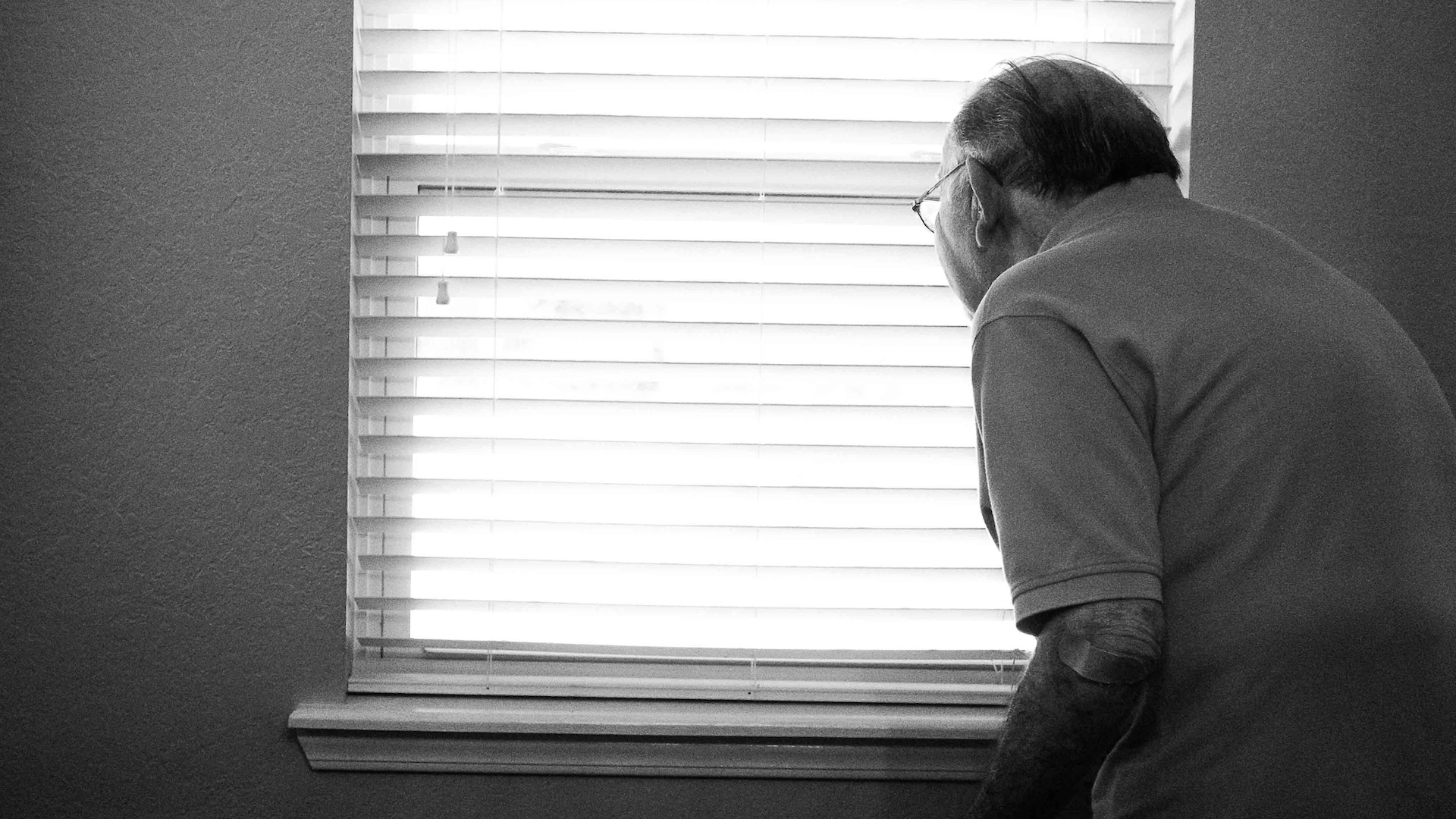Across the UK, far too many older people on low incomes are simply surviving, not living. At Independent Age, we hear from people in later life every day who are making impossible, heartbreaking choices just to get by. Older people tell us they are skipping washes to save on water, going to bed in hats and coats to stay warm, and surviving on a single small meal. These aren’t rare stories, they are the reality for far too many people in later life
We need to stop calling this the cost of living “crisis”. A crisis implies something temporary. Instead, what we now see is a long-term, high household costs have become a permanent feature of life. They are decimating the budgets of older people in financial hardship, leaving many perched on a cliff edge with nothing to fall back on.
Our new research paints a stark picture: too many older people have little or no savings and are just one unexpected cost away from disaster. For some, even a £50 bill is enough to push them into debt or force them to go without something essential. When someone’s entire income is consumed by basics like rent, food, and energy, there is nothing left when a boiler breaks, a fridge fails, or a car repair becomes unavoidable.
Read more:
- ‘I spent my burial fund on repairs’: Pensioners in poverty pushed to breaking point by unexpected bills
- Families have hope for the first time this budget. Anything other than bold moves will let them down
- Supermarket experts share their best tips for bagging yellow sticker bargains: ‘I believe in karma’
And these emergencies are anything but cheap. Car repairs average £617 a year. A replacement boiler can cost between £600 and £2,500. Appliances like fridges or cookers add hundreds more. We have spoken to older people who are living without household items most of us would consider essential. No oven, no working boiler, no proper mattress. It is unacceptable that in 2025, older people are being forced to live in such precarious and unsafe conditions.
Both central and local government have the power to change this. The soon-to-launch crisis and resilience fund, expected in April 2026, is an important opportunity, but only if it is properly funded across the country, well publicised and designed to cover a wide variety of unexpected costs.





